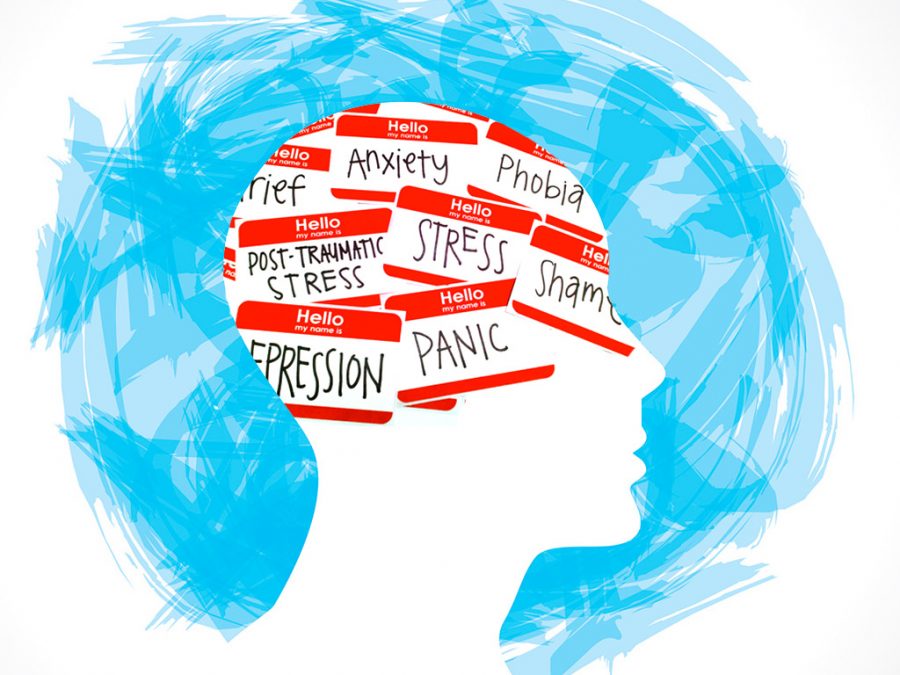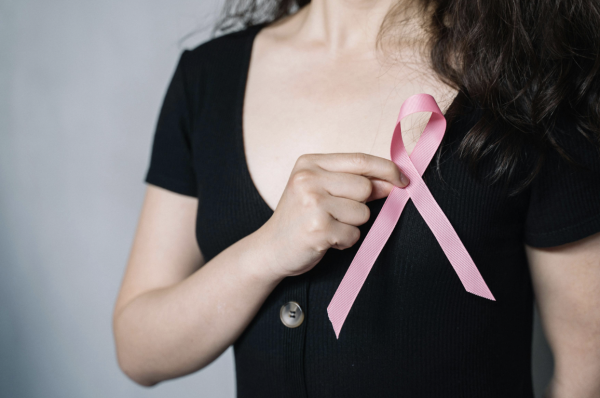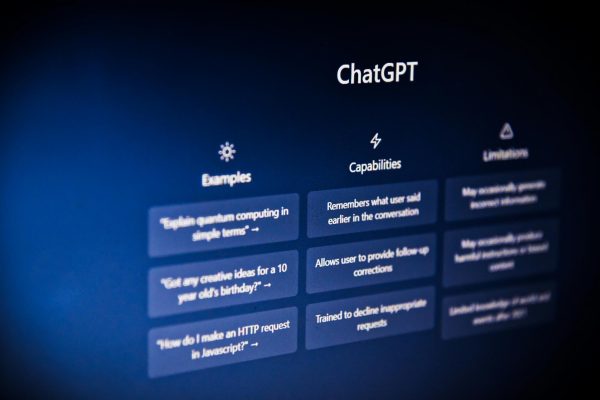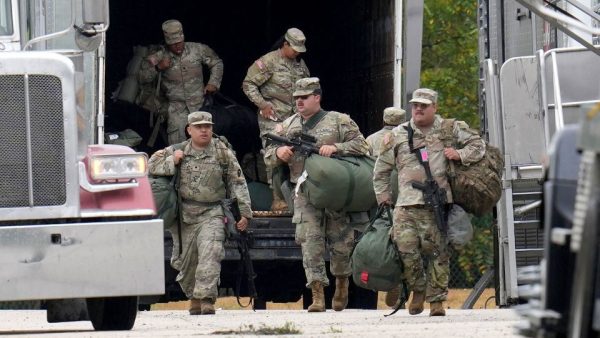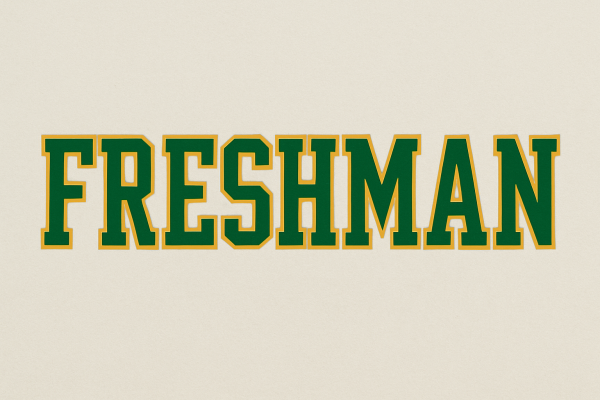Mental Health Awareness: Where Can You Turn?
With Mental Health Awareness Week coming up, here are resources you can access as a student if you ever need it.
In 2018, when suicide jokes are used so often in texts that there are acronyms for them, being educated about mental health is crucial—especially for older students. Extracurriculars, such as sports, volunteer work, and clubs (all of which are necessary for college applications), add on to the already heavy burden of school. According to National Public Radio, “up to one in five kids living in the U.S. show symptoms of a mental health disorder in a given year… and yet most children—nearly 80 percent—who need mental health services won’t get them.” As high school students, what can we do to help ourselves and our peers in crisis?
A student should first go to his or her guidance counselor, who is assigned to grades according to alphabetical order. If need be, he or she can go to Mrs. Gould, the Student Assistance Counselor, whose job is to deal with issues regarding mental health, substance abuse, and vaping, among many others; furthermore, she is available if a student has concerns about his or her peer. Either the student’s guidance counselor or Mrs. Gould determines if the student needs Access Care Plus, an organization intended for students who feel the need to talk to somebody on a weekly basis but who don’t want to go outside (i.e., get their parents to find therapists).
Other adults that a student can see are teachers, Family Life teachers in particular; school psychologists, who have caseloads of students that they talk to on a regular basis and keep track of; caseworkers, who are assigned students who have an IEP (Individualized Educational Program) and advocate for them; and social workers. There is also Mrs. Lewis, the Student Manager for 9th and 11th grades, and Mr. Gold, the Student Manager for 10th and 12th grades. Simply make an appointment in person or through email to see these adults, who are available usually during lunch or their free periods.
Students who are members of either of the Peer programs, Teen Pep or Senior Peers, can also act as resources that a student can go to for assistance, and they can refer the student for further help. There are also clubs dedicated to helping students, as well as the Student Ambassadors.
Parents are only notified if the student threatens to hurt himself or herself, if another student threatens to hurt him or her, or if the student threatens to hurt another student. This is so that the student is always under protection.
Help, however, is not limited to school hours. Through a wellness check, the police can leave information for the parents if a student under 18 is in need. They can also direct the student to the division of family guidance, which has psychiatrists on staff who can come out and speak with the student; juvenile-family crisis intervention, which sends a screener to the house who talks to the entire family, if need be, and conducts around 12 free therapy sessions; or the division of youth, if there are signs of neglect and abuse. Students can call (201)-262-HELP, a hotline that has screeners on the phone to talk to students, see how bad they are feeling, and determine if they need additional help in the form of hospitals or psychiatrists. Even if students are home from the school day, they can contact the police and receive 24/7 protection.
Remember, problems are easier to take care of when they’re still small. Seek help even if it seems silly; after all, the worst thing that can happen is having the problem put off because it’s minuscule. As Mrs. Gould emphasized, “There’s a lot that goes into Tenafly High School’s mental health.” Don’t let outside factors impede you from seeking and receiving counseling services; there are many people near you who care and are willing to help.

Seren Park ('21), Co-Editor-in-Chief, enjoys spending her free time reading YA fantasy novels and watching Netflix shows. She tends to write pieces focused...











































































































































